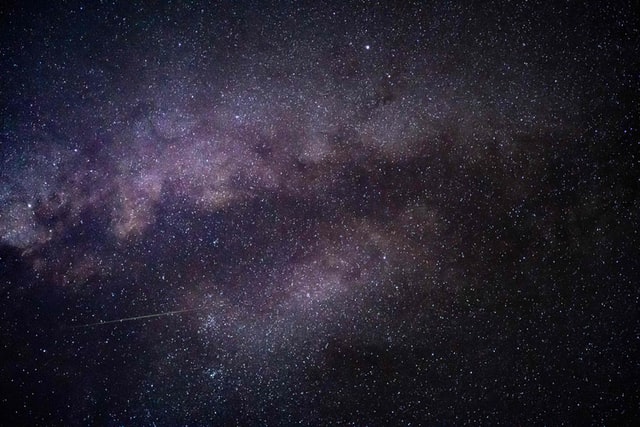
The 6th SCOSTEP/PRESTO online seminar will be lead by Mateja Dumbović (Hvar Observatory, Faculty of Geodesy, University of Zagreb, Croatia) who is the winner of the SCOSTEP 2020 Distinguished Young Scientist Award.
Abstract
Coronal mass ejections (CMEs), interplanetary shocks and corotating interaction regions are drivers of heliospheric variability and cause various interplanetary as well as planetary disturbances. One of their very common in-situ signatures are short-term reductions in the galactic cosmic ray (GCR) flux (i.e. Forbush decreases). These phenomena are caused by the interaction of GCRs with a magnetic structure, therefore it is expected that different types of interplanetary substructures cause different types of GCR depressions, allowing us to distinguish between shock/sheath, flux rope and SIR-type of FDs. Moreover, since the interaction of GCRs and CME magnetic structure (presumably flux rope) occurs all the way from Sun to Earth, FDs should also reflect the evolutionary properties of CMEs, which is supported by the results from our recent modeling efforts. In the light of these recent studies, we will discuss if and how GCR depressions can be used more efficiently as signatures of interplanetary transients.
This seminar will be recorded and opened later on the SCOSTEP website.